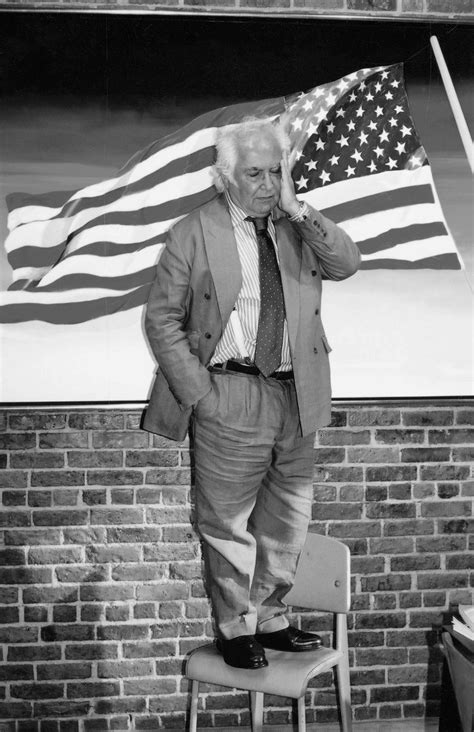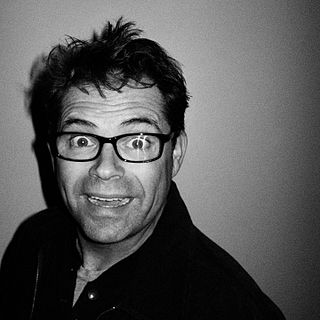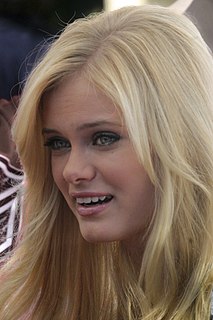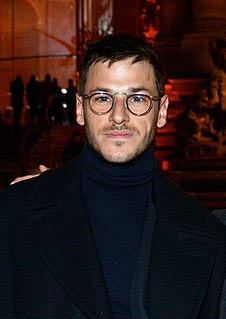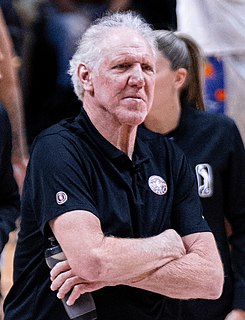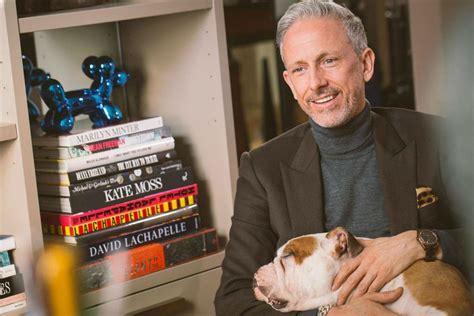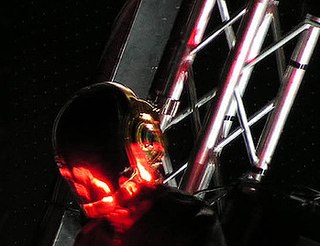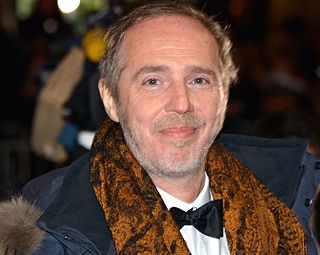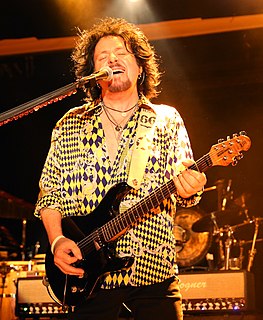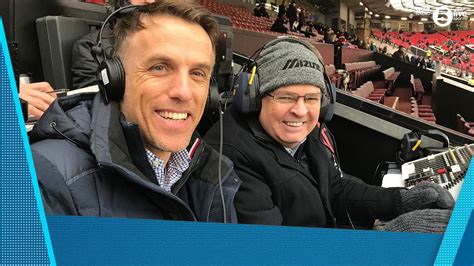A Quote by Charlotte Rampling
The '60s in London obviously brought about the explosion of music, the 'Beatles' especially, and then the 'Rolling Stones' and other forms of music, and then fashion and photography and films - kitchen-sink dramas we called them at that time, which was our 'nouvelle vague' in Britain, films that talk about real life.
Related Quotes
The '60s in London obviously brought about the explosion of music, the Beatles especially, and then the Rolling Stones and other forms of music, and then fashion and photography and films - kitchen-sink dramas we called them at that time, which was our nouvelle vague in Britain, films that talk about real life.
By the late '50s, something was happening in England, and it got to be quite exciting. The music world then started to explode with the Beatles and the Rolling Stones. It was an incredible time with this mixture of independence in art, fashion, and the explosion of the pop sensibility. London was certainly at the center of it all for a few years. And as far as art is concerned, I think that sensibility of what was later called Pop art started in England even before America. And so I was lucky to be there.
I often find in the film world, that it's very self-referring. If you talk to someone about films, they talk about them in terms of other films - rather than as something that happened to them in their life. And I'm really keen to get back to film as a reference to real things, not necessarily to other films.
I studied cinema at the university so I had a very classical approach to it. I studied all those silent films, and then the films from the 1940's, the Nouvelle Vague, the late Hollywood films. Now I realize, as a young actor, that it's one of my duties to actually be aware of what is today's industry and today's next big directors.
[Peter] Tchaikovsky's "1812 Overture" was my first go-to song in terms of getting into the zone and getting ready and then I quickly gravitated to rock and roll music in the mid-'60s with the Grateful Dead, Bob Dylan, Neil Young, The Beatles, Crosby, Stills & Nash, The Rolling Stones, Carlos Santana. So many of them are still around and still going strong. I go out to see them all the time.
Music making features real-time creation, real-time decisions and actions. It's basically improvisation, which is the stuff of everyday life. In the realm of discourse about music, improvisation is marginal, but in the realm of doing it, it's omnipresent. Strange distinction here: we're improvising all the time, but when we tend to talk about music, we tend to talk about objects that are fixed, like recordings, scores, pieces.
It's true that when I was younger and I first got interested in music, I used to read books about the Stones and the Beatles and how they listened to Muddy Waters and people like that when they were starting out, who are much less well known now than the Rolling Stones. The Stones really changed blues.
I've seen my own films close to a thousand times in one form or another. When you edit them. When you shoot them. Then you run them over and over again for sound and music. Then you'd go to premiere screenings, and have to do promotional screenings in other cities. I can't watch any of my old films.
I grew up in the church, with traditional hymns, but at the same time I was beginning to listen to pop music, the mid-60s, The Beatles, which had just as much influence on me as those hymns did. Then the hippy stuff like Pink Floyd started to raise questions about how I lived my life and the world in which I lived.

